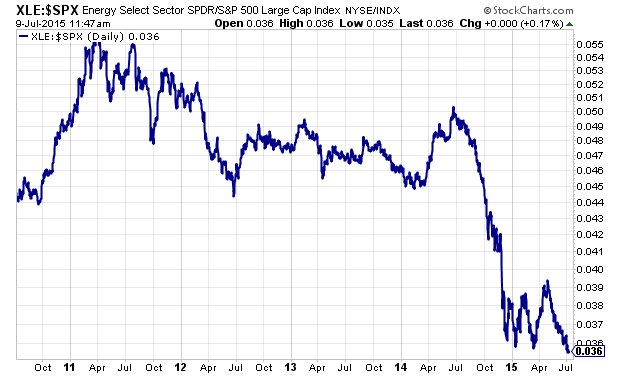Hi Guys,
In a recent post, MFO members anecdotally reported on favorite female mutual fund managers. Many successful female mutual fund managers were listed on this honor roll.
In one of my contributions to that exchange, I naively asked the question if any studies exist that compare the overall performance of female managers to their equivalent male counterparts? I wondered if “there just might be a pony there”?
That’s a dumb question since the financial world is inundated with data and analyses. The obvious answer is a firm “Yes”. It just required a very easy web search which I finally did.
I discovered a nice paper by two Professors titled “Is Manager Gender Important in the Performance of Mutual Funds?”. Here is the Link to their paper:
http://digitalcommons.csbsju.edu/cgi/viewcontent.cgi?article=1007&context=acct_pubs&sei-redir=1&referer=http://www.google.com/search?q=is+manager+gender+important+in+performance+of+mutual+funds+welch&hl=en&biw=&bih=&gbv=2&oq=is+manager+gender+important+in+performance+of+mutual+funds+welch&gs_l=heirloom-serp.3...19847.26172.0.28485.6.2.0.4.0.0.203.328.0j1j1.2.0....0...1ac.1.34.heirloom-serp..5.1.199.POIkJIO7yeM#search="manager gender important performance mutual funds welch"The Link is more ominous than the paper itself, although the study does do some heavyweight, multifactor curve fitting to data culled from Morningstar reports. However, both the Introduction and the Conclusions sections of the report are easy going.
Here is the paper’s Abstract:
“We investigate whether there are differences in characteristics and performance of mutual funds caused by the manager’s gender. Through examining a large sample of U.S. domestic equity mutual fund, we find some evidence that suggests female managers have a lower risk tolerance than males. This leads to the observation that females tend to hold a higher total number of assets (stocks) and fewer assets in their top 10 holdings than do male managers. We then analyze performance within funds over time in order to evaluate the impact of changes in management’s gender composition on funds’ performance. We find some evidence that the percentage of female managers managing a fund is negatively related to the fund’s performance over time.”
Of the 2,217 mutual funds that satisfied the studies selection criteria, about 10.
5% were managed by females. That’s a respectable sample size. It was further sorted into meaningful sub-groups by the researchers to explore special purposes like does performance change when management changes gender?
Although in the general population females tend to be more conservative investors, and most of the professional money managers exhibited these same conservative characteristics, the female mutual fund mangers also demonstrated some aggressive investment features like holding high P/E stocks. It seems as if the schooling, the training, and the experience somewhat dissipated the generic female predisposition.
On a grand scale, gender performance differences are muted and illusive.
My takeaway from this brief literature review is that there is no easily identified pony there. If there were, mutual fund companies would be frantically hiring females to manage their funds, and investors would be flocking to buy them. Like many investment options, it appears to be a wash with noteworthy exceptions. There are terrific female mutual fund managers; the task is to find them.
Based on our earlier submittals, MFOers have already done some of this homework. I will not especially search for female managers, and I will not exclude them either. I'm gender neutral with respect to mutual fund management.
Best Regards.
